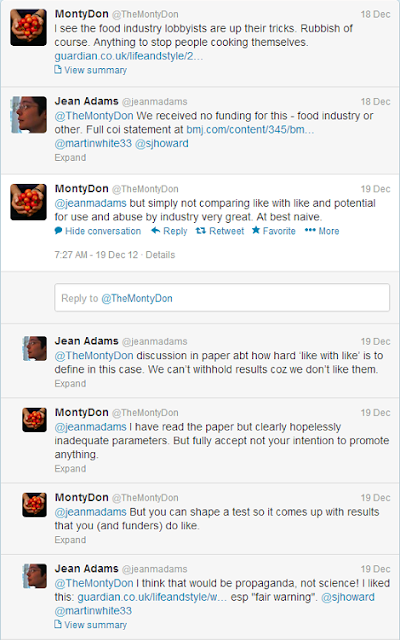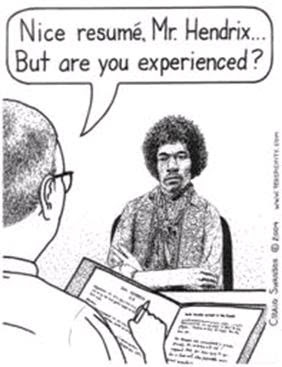I was pleased that the train arrived to take me to Middlesbrough on a freezing January morning, although not so pleased that it was the cold train (heating in this train hasn’t worked for months). By the time I got to Middlesbrough station I was frozen through. Claire picked me up and took me to an annex at the back of what used to be St Cuthbert’s church. In this very cold and rather dark annex was a ‘community gym’ and I was there to interview South Asian women about their physical activity, as part of the evaluation of our preventive intervention feasibility study. By then I was so cold I would have preferred to tramp the treadmill to warm up or maybe even indulge in beginners’ Zumba. However, when the women started talking I forgot to be cold. Qualitative research can be such joy.
| St. Cuthbert's Church, Middlesbrough, 1965 |
St Cuthbert’s church used to be near my uncle’s butchers shop, until the planners bulldozed the community to drive a road through the heart of the town and move people out to a concrete desert. I didn’t know, until my cousin told me recently, but they had apparently sold halal chicken from this shop. So there must have been a Muslim community in Middlesbrough for some time.
My great aunt Minnie’s sweet shop was also somewhere nearby St Cuthbert’s. I think she ran the shop from the front room of one of the little terraced ‘slum’ houses. This house too has long since been reduced to rubble. I only remember going there once and I was very young. Minnie was too old then to keep shop and my sister and I had been warned that Minnie had ‘little legs’. We were not to ask or comment. In fact, we should just pretend we had not noticed. The legs were not at all obvious when we arrived as she was sat in her big chair by the fire, with a rug over her knees. However after a while she got up to fetch the coal from the back kitchen. When she got up she was walking on her knees – the little legs. It was a shock, which must be why I remember. Nevertheless Minnie managed to negotiate down the stone step into the back kitchen to fetch the coal and obviously back up the step with the bucket of coal. I remember watching her. I am sure someone would have offered to go and get the coal for her, but she must have refused with such determination that no-one dared interfere.
My great aunt Minnie’s sweet shop was also somewhere nearby St Cuthbert’s. I think she ran the shop from the front room of one of the little terraced ‘slum’ houses. This house too has long since been reduced to rubble. I only remember going there once and I was very young. Minnie was too old then to keep shop and my sister and I had been warned that Minnie had ‘little legs’. We were not to ask or comment. In fact, we should just pretend we had not noticed. The legs were not at all obvious when we arrived as she was sat in her big chair by the fire, with a rug over her knees. However after a while she got up to fetch the coal from the back kitchen. When she got up she was walking on her knees – the little legs. It was a shock, which must be why I remember. Nevertheless Minnie managed to negotiate down the stone step into the back kitchen to fetch the coal and obviously back up the step with the bucket of coal. I remember watching her. I am sure someone would have offered to go and get the coal for her, but she must have refused with such determination that no-one dared interfere.
| St. Cuthbert's Church, Middlesbrough, 2008 |
Not until years later did I appreciate that Minnie’s little legs were as a result of diabetes related amputations. That was my first introduction to the nasty, progressive and debilitating disease that is diabetes. It was pure serendipity that this January I was back almost where I started and the prevention message is the same. Although I hope the prosthetics have improved.







